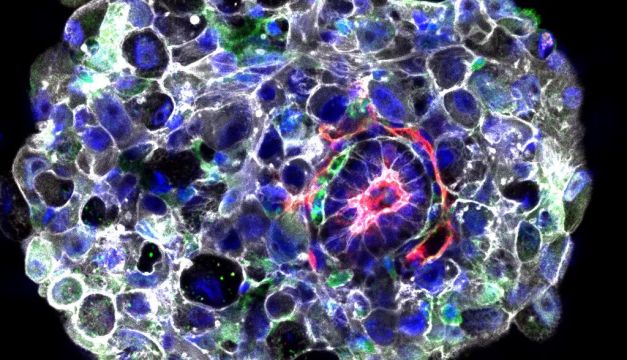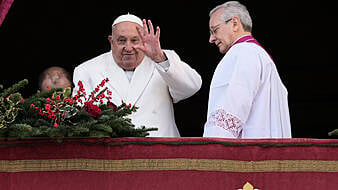A baby has been born using three people’s DNA for the first time in the UK.
Most of the child’s DNA comes from their two parents but about 0.1 per cent has come from a third person – another woman.
Britain's Human Fertilisation and Embryology Authority (HFEA) said “less than five” babies have been born in the UK this way, but no further details have been released, to protect their identity.
The scientific technique is designed to prevent children being born with devastating mitochondrial diseases.
These are long-term, genetic and often inherited disorders that occur when mitochondria fail to carry out their function of producing energy for cells in the body.
These illnesses can be very serious and often fatal.
In children, symptoms can include poor growth, poor muscle tone, weakness, failure to thrive, spasms and a slow-down in progress or a slow deterioration.
Some families have lost several children to inherited mitochondrial diseases and the new technique, mitochondrial donation treatment which is a modified form of IVF, is seen as their only chance of having a healthy child.
The DNA from the second woman only affects the mitochondria, and does not affect other key traits in the child such as appearance.
The latest findings were first reported by the Guardian following a freedom of information request.
Britain became the first country in the world to formally allow mitochondrial replacement therapy (MRT) when the HFEA gave a cautious green light to the procedure in 2017.
In 2018, fertility doctors at the Newcastle Fertility Centre at Life were given permission by HFEA to give two women the treatment.







